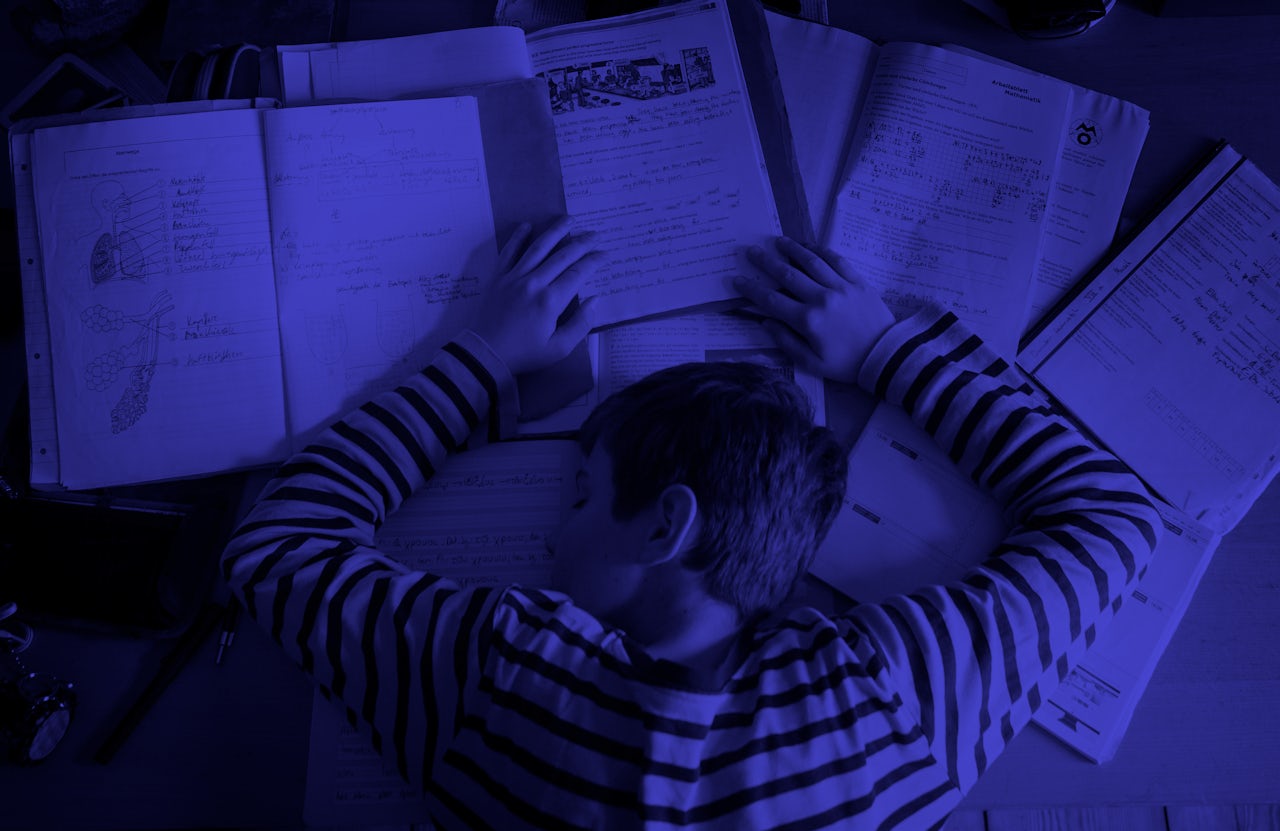New research published in the Journal of Child Psychology and Psychiatry suggests that teenagers who feel tired regularly are much more likely to have committed a crime by the age of 30.
The initial data collection, from the University of Pennsylvania and the University of York was collected by co-author Adrian Raine, the Richard Perry University Professor at the University of Pennsylvania, as part of his P.h.D. research almost 40 years ago. It included data from lab sessions of 101 15-year-old boys that ran for several hours, testing their rate of sleeping on a scale, and measuring brain wave activity and response to stimuli. He also collected data about the children's anti-social behaviors, from themselves on several occasions, as well as from at least two other people who knew them.
Raine did not work very much with this data at the time, but recently began working on the incidence of behavioral problems in children who do not sleep enough. He, along with co-author Peter Venables, an emeritus psychology professor at the University of York, followed up 39 years later by searching for the participants and studying data about their criminal records. They discarded minor offenses, they focused instead on violent crimes and used data only where the participant was convicted. They found that 17 percent of the participants had been convicted of a serious crime by the time they were 30 years old. This meant that teenagers who were "sleepiest" were about 4.5 times more likely to have committed a crime all those years later.
“Is it the case that low social class and early social adversity results in daytime drowsiness, which results in inattention or brain dysfunction, which results 14 years later in crime? The answer’s yes,” Perry said. But he stresses that there is not a straight line from tiredness to committing crimes. "Daytime drowsiness is associated with poor attention. Take poor attention as a proxy for poor brain function. If you've got poor brain functioning, you're more likely to be criminal." But drowsiness, of course, does not necessarily pre-dispose one to committing crimes.
Scientists have long noted the effects of sleeplessness on the human brain. Tiredness is linked to more violent behavior, and a patterned lack of sleep has cellular, long-lasting effects on the brain and the immune system. Being tired decreases one's ability to communicate, and, essentially, makes all functioning much harder. But while the short term effects have long been studied, researchers have only begun to focus on more long term problems sleeplessness can be associated with. Maybe we should just sleep all the time, like cats.

